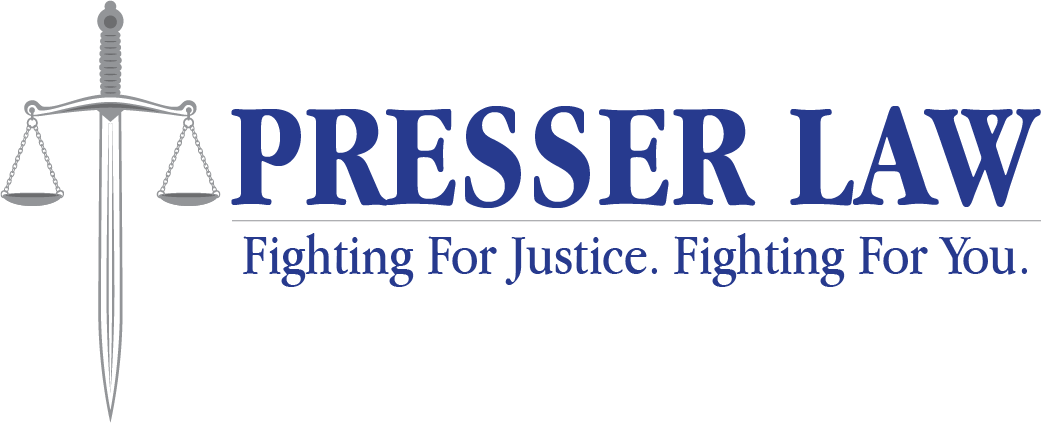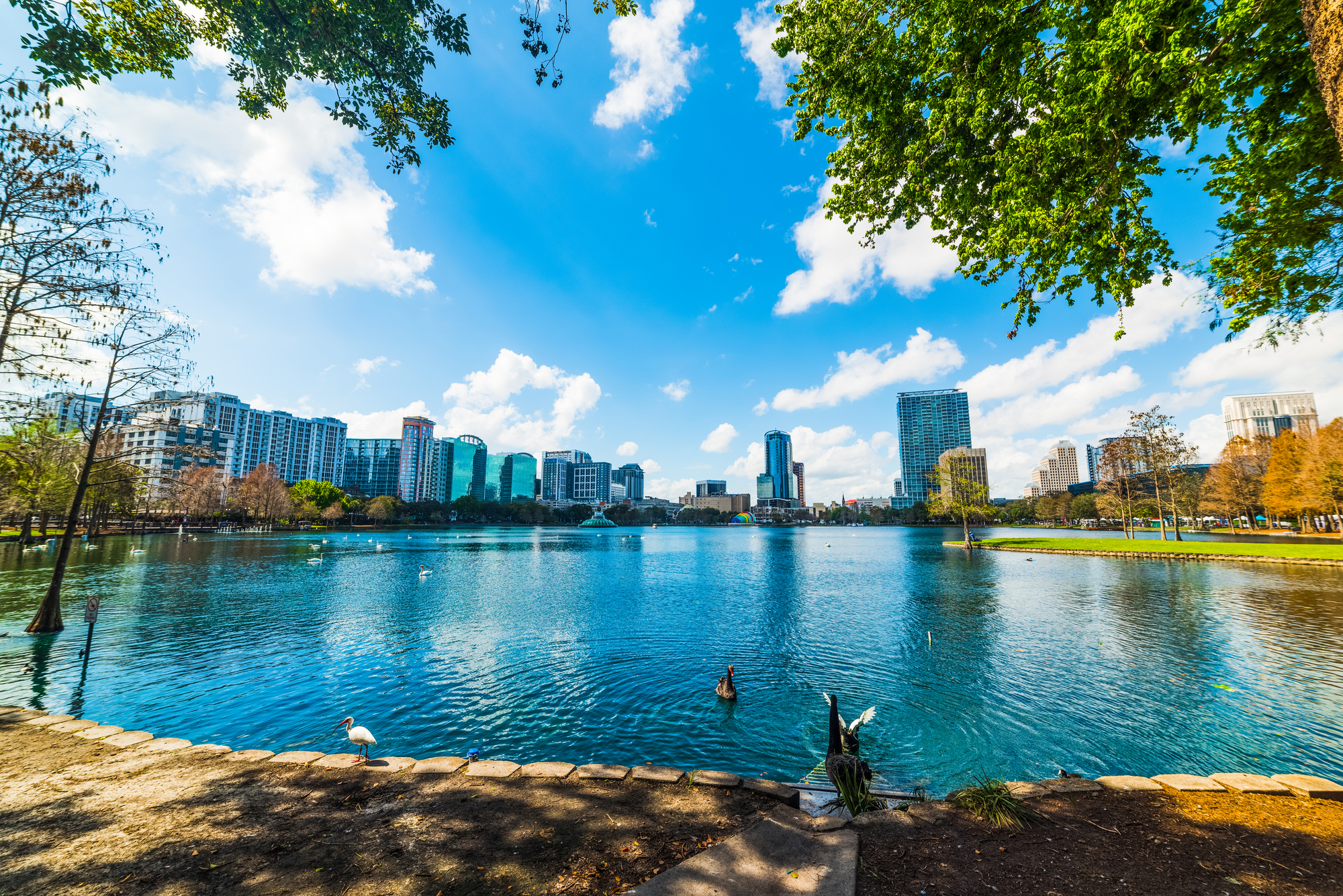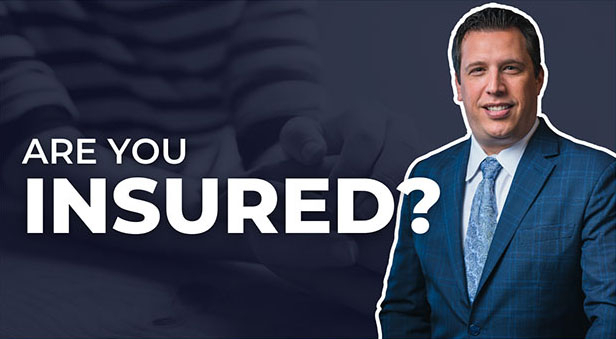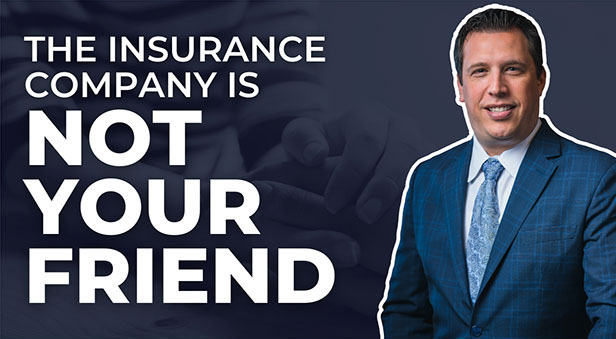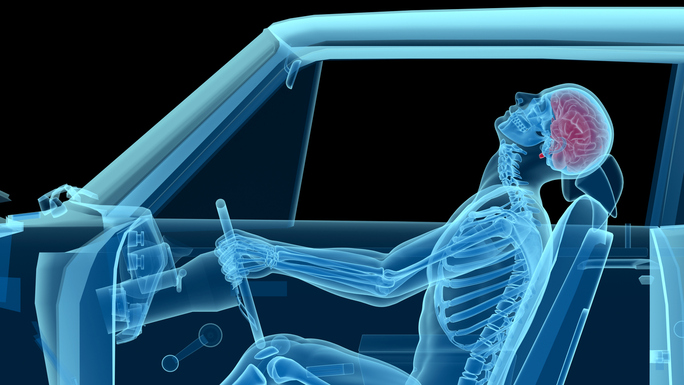
Getting in an accident can shake you up a bit. Maybe it was just a bad fall off of your bike. Or maybe it was a serious automobile crash that you miraculously walked away from. However it happens, you may move forward with life without realizing that you are suffering from a traumatic brain injury – until it is too late.
What is a Traumatic Brain Injury?
As its name suggests, a traumatic brain injury (TBI) is an injury to the brain. This injury is usually caused by a blow or a jolt to the head. Most people believe you need direct, physical impact to your head in order to sustain a TBI, such as your head impacting the interior of the vehicle in a car accident, or your head hitting the pavement in a motorcycle or bicycle accident. However, this is not true. Many TBIs occur without physical impact, such as simple whiplash.
Whether your head experienced direct impact or not, brain injuries typically occur as the result of coup countrecoup – the impact of your brain on the inside of your skull due to acceleration and/or acceleration forces. For example, following a rear end car accident, a belted occupant of the vehicle struck may feel their head going back and forth – typical whiplash. What happens within the skull, however, can be much more serious. At the time of rear impact, the other vehicle feels significant acceleration which is then followed by a quick deceleration. These forces cause the brain to move around the interior of the skull and can cause multiple impacts within the skull itself or even rotational injury. These impacts can lead to bruising, bleeding, and even nerve fiber tears. The brain then begins to swell, pushing itself against the skull and greatly reducing blood flow and oxygen to the brain.
While some brain injury may be instantly recognized, oftentimes TBIs are not noticeable right away. Someone could feel fine after an accident and later develop symptoms. That’s why medical professionals have broken them down into 3 categories: mild, moderate, and severe.
A mild TBI occurs where the person is wide awake and functioning, though possibly with some concussion symptoms, such as forgetfulness, confusion, brief loss of consciousness, or headache. Someone with a moderate TBI will be more lethargic, experiencing longer loss of consciousness, but can still be stimulated. Finally, a severe TBI means that the person is unconscious and cannot be aroused.
According to the CDC’s latest report on TBI’s key findings from 2017, “unintentional falls and motor vehicle crashes were the most common mechanisms of injury contributing to a TBI-related hospitalization.” Unintentional falls accounted for 49.1% and motor vehicle crashes 24.5%.
What a TBI Looks Like
A TBI can look very different depending on the injury and how severe it is. Someone could be walking and talking just fine, but still be suffering from a TBI. Others may be completely unconscious and unresponsive.
Here is a breakdown of what a traumatic brain injury may look like (the most common symptoms) at each different stage.
Mild Traumatic Brain Injury Symptoms
- Concussion symptoms
- Blurry vision
- Confusion or dazed
- Dizziness and/or balance problems
- Memory issues
- Difficulty concentrating
- Nausea and/or vomiting
- Speech difficulties
- Brief loss of consciousness
- Fatigue
- Headaches
Moderate Traumatic Brain Injury Symptoms
- Blurry vision
- Confusion
- Ringing ears
- Difficulties with speech
- Nausea and/or vomiting
- Headaches
- Fatigue
- Brief loss of consciousness
- Inability to concentrate
- Balance problems/ dizziness
- Change in taste and/or smell
Severe Traumatic Brain Injury Symptoms
- Slurred speech
- Confusion
- Loss of coordination
- Agitation or aggression
- Headache
- Loss of consciousness
- Vomiting and/or nausea
- Draining of fluids from ears and/or nose
- Seizures/convulsions
- Coma
If you have any of the symptoms in these lists and have recently experienced an accident, you must seek medical attention immediately.
Accidents That May Lead to Traumatic Brain Injuries
As we’ve already discussed, motor vehicle accidents and unintentional falls are the most common means by which someone suffers a TBI. But it surely isn’t the only way to get one. After all, the CDC has reported that 61,000 people died from a TBI in 2019 – which is about 166 deaths per day on average.
However, TBIs can be caused by a variety of accidents such as
- Bicycle accidents
- Truck accidents
- DUI accidents
- Boating accidents
- Electric scooter accidents
- Skateboarding accidents
- Motorcycle accidents
- Pedestrian accidents
- Explosions
- Slip and Falls
- Trip and Falls
- Falling Items
Always Seek Medical Attention After an Accident
After dealing with an accident, it seems like a lot of extra hassle to get checked out medically if you feel fine – especially since an accident has already thrown a wrench in your day. However, you never know what is going on inside your body – and in your brain. It is in your best interest to be thoroughly examined to determine the extent of your injuries and identify the presence of any TBI.
It is also worth mentioning that, from a legal standpoint, it is important to have documentation to help prove that your injury is the direct result of a particular accident. By seeking medical attention – without great delay – you are putting together a clear picture of the injuries sustained. This may help you create an easier causation link between accident and injury in the future.
Get the Compensation You Deserve for a TBI at Presser Law
If you have been injured in any type of accident and you have been diagnosed with a TBI, then you likely already know that the medical bills, treatment, and unknown future can be a bit overwhelming.
Let our experienced car accident attorney at Presser Law review your case for free.
With over a decade of experience in handling high value car accident and personal injury cases throughout Central Florida, you can trust a high level of experience to handle your case.
Don’t settle for anything less than the compensation you deserve. Call Presser Law today at (407) 216-2000. Let our award-winning car accident lawyer go to work for you.
Click For Free Case ReviewAbout Injury and Wrongful Death Attorney Justin H. Presser
Justin H. Presser is an award-winning lawyer and founder of Presser Law, P.A. representing clients in the areas of personal injury, car accidents, motorcycle accidents, wrongful death and more. With an office located in Altamonte Springs, Florida, Presser Law, P.A., proudly services clients throughout Central Florida including the following areas: Orange County including Orlando, Ocoee, Doctor Phillips, Apopka, Winter Garden, Winter Park, Maitland, College Park, Thornton Park; Seminole County including Altamonte Springs, Longwood, Winter Springs, Lake Mary, Oviedo, Casselberry, Chuluota; Lake County including Clermont, Mount Dora, Eustis, Tavares, Leesburg, Sorrento; and Brevard County including Melbourne, Merritt Island, Cocoa Beach, Titusville, Palm Bay.
We are social:
